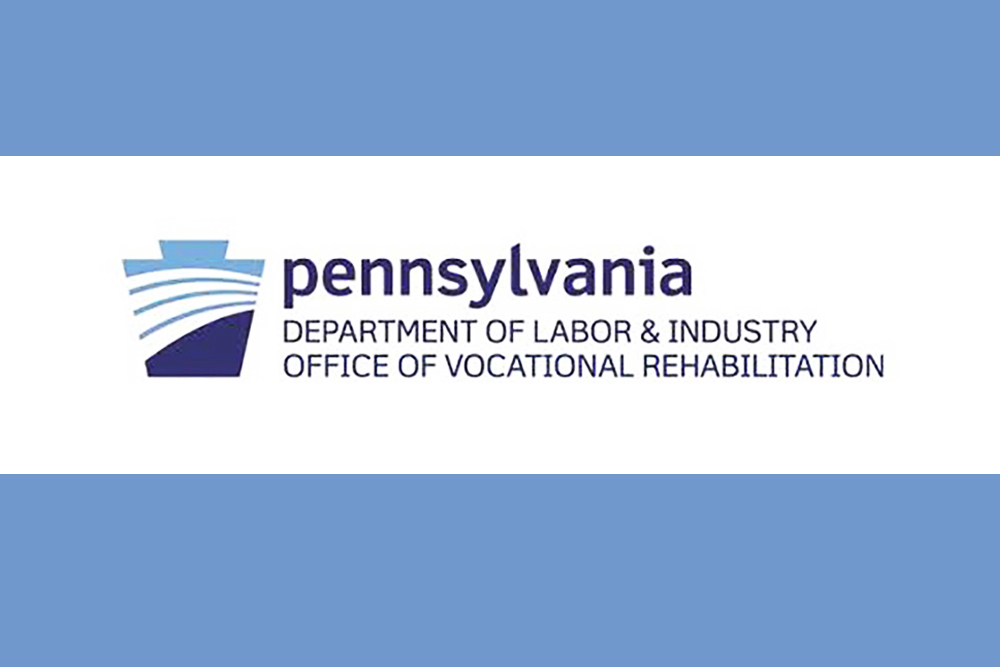Governor Shapiro Gives 2024 Budget Address
Today, Governor Josh Shapiro gave his second budget address to members of the General Assembly. The Governor outlined an agenda that included new spending for direct service providers, minimum wage, education, health care, law enforcement, and a number of other initiatives. The below budget initiatives come from information from the Governor and his team, which has been made available to stakeholders. The budget proposals include:
Investing in Competitive Pay and Reimbursement of Services for Home & Community-Based Care
- Increase in minimum wage to $15/hr.
- $34.2 million in Community Waiver and $1.85 million in the Community Base Program, which will allow DHS to expand the number of individuals participating in home and community-based services programs.
- Reimbursement Rates: The 2024/25 executive budget invests $213 million toward Community Waiver Program, $2.1 million in the Autism Intervention Program, and $1.1 million in the Community Base program. It also leverages $266 million in total federal funding to increase resources for providers of home and community-based services.
- Equality in Communication Services: Inclusivity and equality require appropriate communication for Pennsylvanians with intellectual disabilities and/or autism who need it. This budget invests $934,000 to add American Sign Language and English interpreter services to program serving this population.
- For more in-depth information regarding funding for ID/A services, visit here.
Making Pennsylvania a Leader in Economic Development, Job Creation, and Innovation
- $500 million in PA SITES funding to bring more commercial and industrial sites online and ensure companies have options for attractive business environments where they can move quickly and thrive in Pennsylvania.
- $25 million for the Main Street Matters program, to support small businesses and commercial corridors that are the backbone of communities across our Commonwealth.
- $20 million to support large-scale innovation and leverage Pennsylvania’s best-in-class research and development assets.
- $3.5 million to create and launch the Pennsylvania Regional Economic Competitiveness Challenge, which will incentivize regional growth, build vibrant and resilient regions, and support communities by investing in the development of comprehensive strategies to propel entire regions forward.
Building on Historic Education Investments & Making Progress to Support Every Pennsylvania Child
- A historic nearly $1.1 billion increase in basic education funding — the largest increase in Pennsylvania history, recognizing the work of the BEFC and the need to direct these investments to the schools that need them the most. Of this significant increase, nearly $900 million is proposed as a first-year adequacy investment as recommended by the BEFC. The remaining $200 million will be distributed through the Basic Education Funding Formula.
- A $50 million increase for special education funding to ensure school districts have the basic resources necessary to provide special education services to students with disabilities and special needs.
- A $50 million annual investment in school safety and security improvements and $300 million in sustainable funding for environmental repair projects in school buildings.
- $10 million for the Educator Talent Recruitment Account and $450,000 to support the Talent Recruitment Office at the Pennsylvania Department of Education.
- A $5 million increase — coming to a total of $15 million — in funding for student teacher stipends to support Pennsylvanians training to become certified and committed educators.
Delivering a New Blueprint for Higher Education Grounded in Access & Affordability
- $975 million in this new governance system that combines our community colleges and PASSHE schools — a 15 percent increase from $850 million last year in state investment in state-owned universities, community colleges, and the students they serve.
- A 5 percent increase in institutional support for the Commonwealth’s state-related universities — Penn State, Temple, Lincoln, and Pitt — and a 15 percent increase to Thaddeus Stevens College of Technology.
- An increase in financial aid for students who attend the schools under the new governance system, so that Pennsylvanians making up to the median income will pay no more than $1,000 in tuition and fees per semester.
- An increase in financial aid for students who attend the schools under the new governance system, so that Pennsylvanians making up to the median income will pay no more than $1,000 in tuition and fees per semester beginning in FY 2025/26.
- Increasing Pennsylvania Higher Education Assistance Agency (PHEAA) state grants by $1,000, bringing the maximum award up from $5,750 to $6,750 beginning in FY 2025/26.
- Investing $279 million annually starting in FY 2025/26 so Pennsylvania students can attend college in-state with a limited debt load after they graduate and can enter the workforce ready to start their careers and build a future in our Commonwealth.
The above are highlights of the Governor’s proposed budget. RCPA will be examining the budget spreadsheets over the next few days, will be attending the DHS Budget Overview this Friday afternoon, and will update members with any new information as it becomes available during the budget season.
If you have any questions, please contact Jack Phillips.











